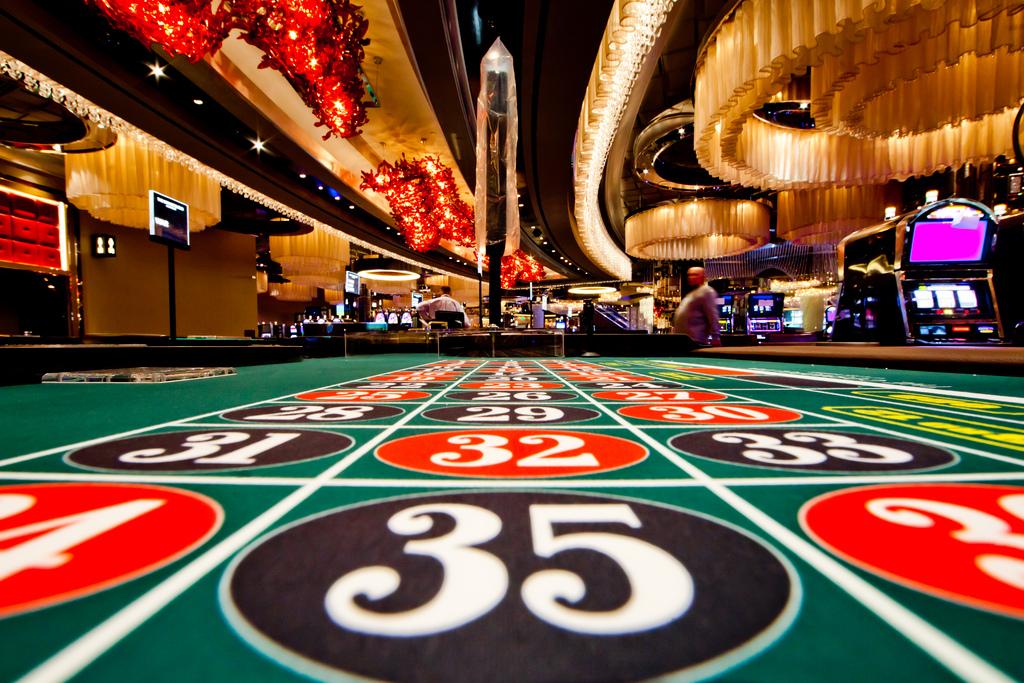Pennsylvania never seemed too concerned with the gambling situation in the state. The Government had more pressing issues to deal with, despite a glaringly obvious fact that people were playing for real money all over the place, on land and online, in a wholly restrictive legal environment, though with a loophole which meant a consumer cannot be found criminally liable. It was not until 2004, that land casinos were made legal – a comparably late start, however, the regulation proved adequate enough in the wider context of socio-economic benefits.
Fortunately for gamblers who prefer to play online, the state looks to be handling the iGaming more swiftly and efficiently. There have been two major attempts to establish a working regulatory system in the past, but the latest of these – the House Bill H 271 passed in April this year, failed to deliver quite what was needed, and the Senate has already approved it for amendment. The new version tackles a broader range of subjects and is currently in the House of Representatives, where the Governor Tom Wolf is expected to sign it into law by June 19th.
Equal Taxes For iGaming And Land Operators
Introducing a comprehensive list of measures to regulate online gambling, daily fantasy sports, and video gaming terminals at airports and bars, the bill will initiate the largest gambling expansion the state has ever undertaken, provided no modifications are made in the process and its original content is kept intact. [pullquote]While most long-time proponents are looking forward to it, casinos are not overly happy with the direction the legislation is taking.[/pullquote] More than half of land casinos in the state expressed concerns about high tax rates and license fees proposed by the bill, while the rest are still silent on the matter.
As is the case with almost all other states where virtual gaming has been legalized, it was the budget deficit that instigated the latest regulation attempts in Pennsylvania. According to official sources, generated revenues are estimated to about $150 million per fiscal year, and the government was apparently too tempted by this figure to let the chance slip by. In their attempt to figure out a way to bridge a $3 million gap, they have proposed the highest tax rates in all of the US.
Slots Prove A Major Breaking Point
The biggest issue for casinos is the high 54% tax rate on non-peer-to-peer games like slots and table games, plus a $5 million license fee the operators would have to pay upfront to be able to offer these products online. Coupled with a 16% rate for online poker, an additional $5 million fee for peer-to-peer games, and the general cost of running, advertising and developing a day-to-day business, the cost is much too high. The majority of casinos have made it clear they won’t be investing resources into iGaming licenses if the conditions do not change. For comparison, taxes in New Jersey and Nevada are currently at a reasonable 17.5%, and a modest 6.5% rate respectively. Gross revenues from up to 40,000 permitted video gaming terminals and tablets at airports, bars and off-track parlors across the state will be taxed at 34%.
Too Costly For Pennsylvania
Sands Casino Resort Bethlehem and Parx Casino Bucks County were among the first to voice their dissatisfaction with the taxing structure and expensive upfront fees. If they are to acquire licenses for the full offering of online gambling services allowed, nothing would remain to be used for marketing purposes, which is a necessity considering that online gaming is a completely separate field, with a new customer base that demands a different approach.
No Delays, Say The Officials
If the amendment gets through the House with little or no modifications, the legalization might turn out to be a huge disappointment for the advocates and players. There’s a high probability at least five of the current crop of casinos in the state will pass on the opportunity to expand online, and to what extent the rest will be involved remains uncertain. Although failure is not an option for the community and the supporting senators, the bill will most likely be changed in several ways, to allow more favorable conditions for the state’s casino operators. Next to equal taxes on earnings from online and land-based slots and table games, the next to go in the bin are probably video gaming terminals. According to Rep. George Dunbar, the bill should otherwise provide a firm foundation for the kind of system that can actually work in the current climate.
For more gambling related news here on Bit Rebels, click here!

COMMENTS